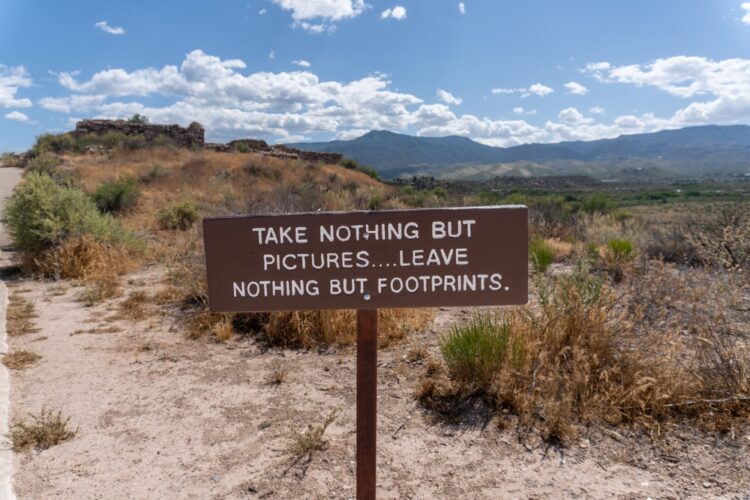I recently returned from a trip to Anchorage, and while I was there, I was struck by the local concern for the well-being of the indigenous community and local economies. I have seen those same concerns expressed to an even greater degree by native Hawaiian travel advocates. At a time when our planet and its cultures are as accessible as they are vulnerable, the importance of traveling responsibly has to be taken seriously.
“Responsible travel” is about making choices that are ethical, considerate, and informed to minimize negative impacts while maximizing positive contributions to the areas we visit. Such mindful exploration not only enriches our own lives but also supports the sustainability of the destinations to which we travel. Quite simply, it makes travel more sustainable in the long run.
Respecting and contributing to the environmental, social, and economic well-being of our host communities is not just a possibility but a responsibility we all share. It’s about being aware of our impact on the places we visit and actively making decisions that help preserve these destinations for future travelers, like our children’s children.
Responsible travel is not an esoteric cause, and the concerns expressed are really about issues at the heart of some of the planet’s most correctable pathologies. Some of the key points worth noting:
- While consumers believe tour companies should be good stewards of their environment, over half (54%) also believe that individuals themselves have the greatest responsibility for preserving and protecting the environment.
- Six out of ten (58%) travelers say they believe that environmental programs by travel service suppliers could have a positive effect on the environment.
- The majority (51%) of consumers will continue to patronize “green” travel service suppliers. In fact, nearly half (48%) of travelers say that continuing to support environmentally responsible travel suppliers is a necessity..
- Less than one-third (29%) say it is easy to find out about environmental policies and initiatives of travel service suppliers
These key findings hold the promise of a gradual evolution to a more sustainable travel industry. Moreover, who better to steer and guide our clients than a travel consultant? The concern for sustainable and responsible travel can be an important catalyst in the transformation of our industry from a 19th-century model to a 21st-century ideal. If fewer than one-third of travelers find it easy to obtain information on sustainable travel, there is a role for the socially conscious traveler.

Here are just a few suggestions that are easily accomplished and, in fact, enhance the enjoyment of your travels:
- Opt for direct flights when possible, use trains and public transport, cycle or walk instead of driving, and participate in eco-friendly tours.
- Follow guidelines when interacting with wildlife, do not support activities that exploit animals, and stay on designated trails to avoid disrupting native flora.
- Before visiting a new place, learn about its customs, language, and traditions to show respect and enhance your experience.
- Purchase souvenirs and crafts directly from local artisans, ensuring your money supports community members and doesn’t go to mass-produced goods.
- Opt for locally-owned lodges, restaurants, and tour companies. Your expenditures will help sustain the local economy and create authentic experiences.
- Support enterprises that employ local staff under fair conditions and pay, contributing positively to the community.
- Traveling off-season alleviates the stress on popular destinations and contributes to a more even distribution of tourist income throughout the year. You will find fewer crowds and often better pricing.
- Consider less frequented locations that offer similar cultural or natural experiences but suffer from fewer tourist footprints.

Living a good travel ethic involves more than just following the responsible practices listed above; it requires a commitment to ongoing education and sensitivity. Responsible travel practices help minimize the ecological footprint of tourism, promoting the preservation of biodiversity and natural landscapes. What’s more, engaging with different cultures respectfully and mindfully helps ensure that traditional customs and heritage are honored and sustained. Spending your travel dollars in a way that supports local economies can reduce inequalities by providing a more equitable distribution of income and ensuring your travel dollars are not siphoned out of the area you visited.



